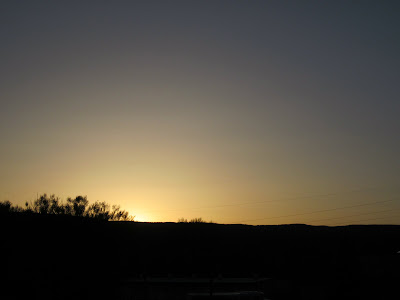Books I Want: Beautiful and Pointless
 First off: I don't think poetry is pointless. Poetry draws out emotion in a world where many people prefer not to think about what's going on around them, prefer not to question their environment, the past, anything that might come up complicated or controversial. Poetry is the rule-breaker in literature: it doesn't have to follow any specific conventions to be poetry. It is the most finely crafted tool for questions, expression, rebellion, and almost any other situation you can think of.
First off: I don't think poetry is pointless. Poetry draws out emotion in a world where many people prefer not to think about what's going on around them, prefer not to question their environment, the past, anything that might come up complicated or controversial. Poetry is the rule-breaker in literature: it doesn't have to follow any specific conventions to be poetry. It is the most finely crafted tool for questions, expression, rebellion, and almost any other situation you can think of. The catch? The above only applies to good poetry, and we all know there's lots of really awful verse out there. David Orr takes on all the crappy modern poets he can get his hands on in this book - starting with Jewel.
I owned Jewel's poetry book when I was in high school. I loved it (I was in high school). Now that I'm more aware of what constitutes good poetry, I'm interested to see what Orr has to say about her and other modern poets who threw some words together and called it poetry. Many of them are on par with the guy who wrote his name on a urinal and called it art (though to be fair, he did have some great ways of challenging perception of art).
The thing that's got me wary is this: Orr is a poetry critic. Not a poet - a poetry critic. So while he may be able to point out good verse, it's possible he couldn't write a poem to save his life from the masochistic bad guys who are emotionally damaged and will fall apart at the seams after reading one vaguely autobiographical verse. This bothers me a bit - I don't like that someone can so easily critique others on something he doesn't do himself.
That said, poetry critics are a somewhat necessary evil. They're the ones who hold out new compilations to us, yelling, "Hey this is the stuff of angels!" or "Don't touch this or you'll get leprosy!" It would just be easier to take them seriously, in my mind, if they handled the craft themselves - and could actually write good poetry. True, you don't need to write poetry to separate the drivel from the delightful, but I think it adds a certain appreciation when the good stuff crops up.
There's also something to be said for deliberately picking on poets who will never be glanced at twice in an academic setting. Sure, Jewel's poetry wasn't great. But she wrote pop tunes - what do you expect? Basically, I think the "pick on someone your own size" argument applies here. I don't know who else Orr examines in this book, but I'll be more intrigued if he starts talking about Billy Collins.
I'll be reading this one mostly to see what he has to say about modern poetry as a whole, and to see if a non-poet can give any good advice. But I'm keeping the book as a whole at arm's length.



Comments
Post a Comment